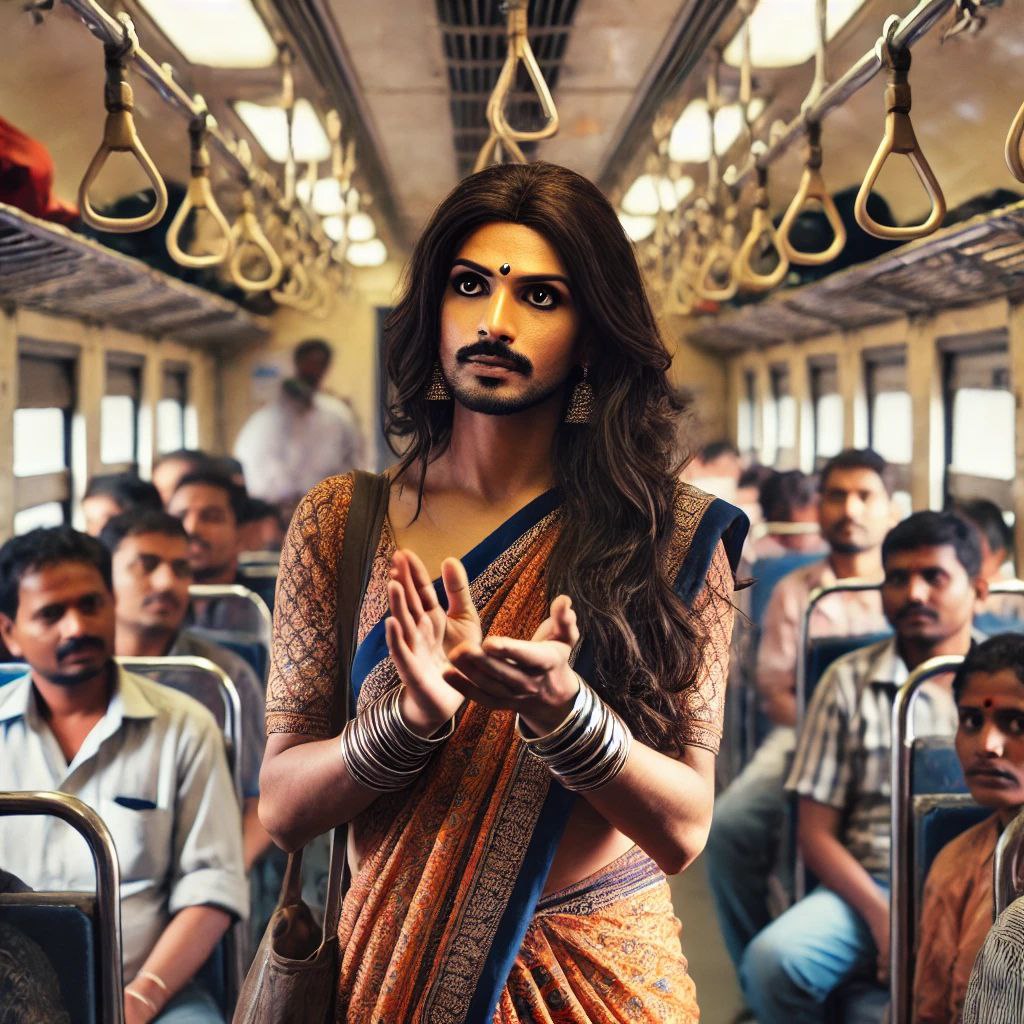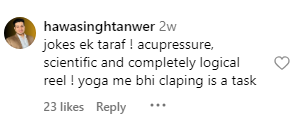The Ayurveda Connection: Why Eunuchs Are Not Seen in Hospitals

The concept of being transgender has been widely discussed in recent years, yet it remains misunderstood by many. Transgender individuals are those whose gender identity does not align with the sex assigned to them at birth. This is different from eunuchs, a term historically used for castrated males, often in cultural and religious contexts. This article aims to explore the meaning of being transgender, the societal perceptions surrounding them, and the health aspects that often spark curiosity.
Understanding Transgender Identity
Transgender people experience a gender identity that is different from their biological sex. For example, a person assigned male at birth may identify as female and vice versa. Some transgender individuals choose to undergo medical interventions like hormone therapy or surgeries to align their physical bodies with their gender identity, while others may not.
Difference Between Transgender and Eunuchs
Eunuchs have historically been associated with castrated males, often seen in royal courts or religious sects. In India and several South Asian countries, eunuchs are often included in the hijra community. While some members of the hijra community may identify as transgender, not all transgender individuals are eunuchs. The distinction lies in self-identity and medical history.
A Unique Perspective on Health and Well-being
There is a common question regarding the health of eunuchs and why they are rarely seen in hospitals. Some believe that they possess a unique ability to maintain good health. A theory shared by an Ayurveda expert from Yogpeeth, Haridwar, suggests that the act of clapping contributes to their overall well-being. According to him, clapping stimulates various pressure points in the hands, which in turn energizes the body and helps in maintaining good health. While this explanation is rooted in holistic healing, scientific evidence supporting this specific claim remains limited.

Ayurveda’s Perspective on Clapping and Health
Ayurveda, the ancient Indian system of medicine, emphasizes the balance of bodily energies (doshas) for overall well-being. Reflexology and acupressure, which have principles similar to Ayurveda, suggest that stimulating certain points in the hands and feet can improve blood circulation and activate different organs. The belief that eunuchs maintain good health through clapping could be linked to these alternative medical philosophies.
Challenges Faced by the Transgender Community
Despite increasing awareness, transgender individuals still face numerous challenges in society. Some of these challenges include:
1. Discrimination and Social Stigma
Transgender people often experience discrimination in various aspects of life, including education, employment, healthcare, and housing. Many societies still hold rigid gender norms, making it difficult for transgender individuals to find acceptance.
2. Legal and Identity Issues
Many countries have made progress in recognizing transgender rights, but legal recognition remains a challenge in some places. Lack of proper identification documents that reflect their gender identity can create barriers to accessing essential services.
3. Mental Health Concerns
Due to societal rejection, many transgender individuals struggle with mental health issues such as depression, anxiety, and suicidal thoughts. Access to gender-affirming healthcare and psychological support is crucial for their well-being.
4. Healthcare Access
Transgender individuals often face challenges in accessing appropriate healthcare. Many medical professionals lack training on transgender health issues, leading to inadequate treatment and stigma in medical settings.
The Role of Awareness and Acceptance

Education and awareness play a significant role in changing perceptions about transgender individuals. Societal acceptance can be fostered through:
- Inclusive policies and legal protection: Governments should ensure that transgender individuals have equal rights and protection against discrimination.
- Awareness programs: Schools and workplaces should educate people about gender diversity to promote understanding and inclusion.
- Accessible healthcare: Medical institutions should train healthcare providers to understand and address the needs of transgender individuals.
Conclusion





Understanding what it means to be transgender is essential for creating an inclusive society. While alternative healing theories like Ayurveda’s perspective on clapping provide unique insights, scientific research should continue to explore these aspects further. The transgender community faces several societal challenges, but with increased awareness, legal protections, and healthcare access, their lives can be improved significantly. True progress begins when society recognizes and respects the identity of every individual, regardless of gender.


Related Posts
JD Vance, Everything You Need to Know About the Author, Politician, and Entrepreneur.
Kumbh Mela 2025: Gadgets That Will Make Your Journey Easier